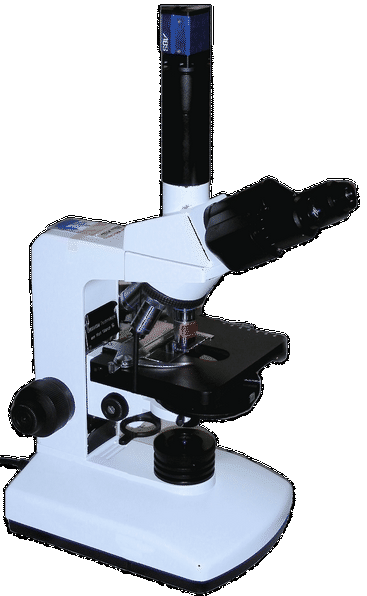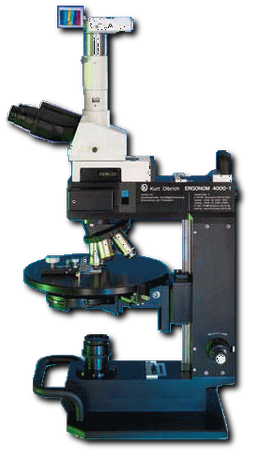SeeNano in Comparison
| Features Compared |
Conventional Optical |
SeeNano Lab Series |
SeeNano Pro Series |
||||||
|
Microscopes |
Lab-U |
Lab-I |
Lab-T |
Pro-U |
Pro-I |
Pro-T |
|||
| Resolution Incident |
Theoretically, 200nm |
n.a. |
<200nm |
<100nm |
<100nm |
||||
| Resolution Transmitted |
200nm |
100nm |
100nm |
||||||
| True magnification limit |
800x (dry), 1600x (oil) |
Up to 4500x (dry) |
Greater than 8000x (dry) |
||||||
| Numerical Aperture |
0.95 (dry), 1.40 (oil) N.A. |
0.85 to 0.9 N.A. (dry) |
0.85 to 0.95 N.A. (dry) |
||||||
| True color contrast |
None at high mag. |
Full, even at high mag. |
Full, even at high mag. |
||||||
| White light source |
Yes, for low res. only |
Yes, even at max. res. |
Yes, even at max. res. |
||||||
| Variable DOF |
Low DOF, fixed |
Low to extreme DOF |
Low to extreme DOF |
||||||
| Contour sharpness |
Poor at high mag. |
High at all mag. |
High at all mag. |
||||||
| Reflection free |
No |
Yes |
Yes |
||||||
| Staining (etc.) required |
Staining required |
Staining not necessary |
Staining not necessary |
||||||
| Oil immersion required |
Yes, beyond 0.95 N.A. |
No, max. 0.95 N.A. needed |
No, 0.95 N.A./extended WD |
||||||
| Brightfield |
Yes |
Yes |
Yes |
||||||
| Darkfield |
Yes |
Yes, but Grayfield better |
Yes, but Grayfield better |
||||||
| Grayfield |
No |
Yes, with full color contrast |
Yes, with full color contrast |
||||||
| Phase Contrast |
Yes |
Improved, with contour sharpness |
Improved, with contour sharpness |
||||||
| Living samples in vitro |
Yes, for limited time |
Yes, for extended periods |
Yes, for extended periods |
||||||
| Sample warmth level |
Up to 60° C over room temp. |
Up to 3° C over room temp. |
Up to 3° C over room temp. |
||||||
| Transparent samples |
Not possible |
Yes, incl. absolute transp. |
Yes, incl. absolute transp. |
||||||
Notes:
Resolution values given for the SeeNano microscopes relate to the practical achievable resolution. The maximum theoretical (although not achievable) resolution is 10nm with the Grayfield Lens System.
The standard methods of measuring magnification in microscopes becomes too inaccurate beyond 1500x. We therefore determine the precise magnification factor by imaging a calibrated test slide with nanometer scale and printing that image on 10x15cm paper. The enlargement factor in relation to the grid is then used to calculate the actual magnification factor. Every objective combination is tested so that we can provide exact magnification ratios. As there are no parallax errors with our systems, it is possible to measure distance in any direction.
For each microscope, there are a wide range of dry objectives available to match your application, e.g. 2,5x, 4x, 10x, 20x, 40x, 60x, 80x, 100x with n.A. up to 0.95 - some with extended working distance (WD). As the costs of the individual objectives vary widely according to their specifications, general price quotes are not meaningful before your exact requirements have been determined.
The SeeNano Lab series, has been optimized to make it an affordable alternative to those considering high quality conventional optical microscope systems, yet with an image quality, depth of field and color contrast that is considerably better and especially suitable for live blood and live cell analysis. For technical reasons, it is not feasible to provide a SeeNano Lab microscope with both incident and tranmitted light in one unit (costs would be higher than two individual microscopes).






